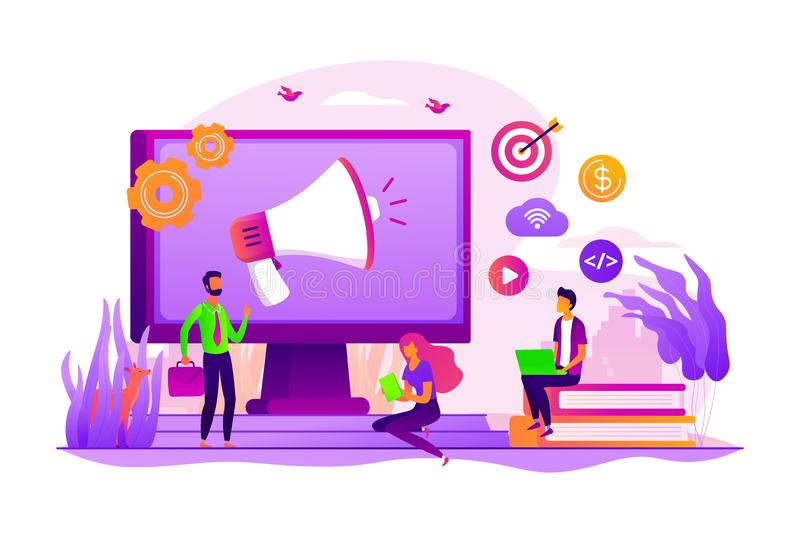
7 Keys to choose the right online learning platform
- User-friendly and intuitive learner interface: Everything should flow and be designed with the learner’s experience in mind. Your learners should be able to log on quickly through one step sign on, easily navigate themselves around the site, find relevant learning resources within just a few clicks and be engaged throughout the process.
When considering which learning platform is best for you, ask to take a trial as a completely new user and see how quickly and easily you can find and access what you need – without their sales or tech team providing you with step-by-step instructions.
Remember, it’s not easy to use, it will not be used. No matter what it offers, if your learners can’t find relevant online courses and content then forget about it. The whole learner experience has to be slick, easy and personalised. - Variety in learning resources: Having an lms platform which only provides access to one or two types of online training and learning resources is going to limit the engagement with learners – and is going to send you back to the days of clunky and ineffective training management systems!
Your e-learning platform should enable you to upload and have access to word documents, PDFs, images, audio files, video files, online courses and face to face courses as a bare minimum. People learn in different ways so ensure you cater for that. - Responsive design: Not all learning is conducted in working hours and at a desktop, so a responsive design is a must in order to enable learners to log on at any time, from any device.
This goes for the learning resources as well. Ensure that you test out the responsiveness of the solution that you select and any preloaded content within it before you make your decision.
I have seen learning management systems which provide a great learning experience only for their content to shift on the page, not open correctly on a mobile or be so small that it’s not worth attempting to work through the session. - Integrated and fully documented API: You may have other software to integrate with, such as your CRM or talent management/HR database, so it’s important that your elearning platform can “talk to” existing systems in order to save on additional time and resource transferring data from one to another.
Whilst it’s rare that any online learning platform will already integrate with all of your existing systems when you purchase it, ensuring that it has a fully documented application program interface (API) will mean that you can effectively integrate this with whatever systems you need in the fullness of time. - Collaboration and social learning tools: To maximise the effectiveness of any solution, you need to be offering more than just L&D-defined content and courses.
Whilst there will likely be mandatory learning that you will want people to engage with, many organisations are now also seeing the benefits of collaborative and social learning that are driven by their own employees. - The Credibility of the Platform and the Institution: The credibility of the platform or institution matters, especially if you’re enrolling in an academic or a professional course. A quick Google search can help you check the reputation and credibility of any platform.
For institutions or universities, it’s best to check their accreditations, affiliations, and their rankings. Also, prefer institutions that specialise in the subject or the field of your interest. - Interaction and Engagement: An online course should not feel like a boring college lecture. Thanks to the latest web technologies, it’s simple to provide an active learning experience to students. So, a good online course should offer you a chance to interact with the instructor and the content.
For more Info : OILab Learning